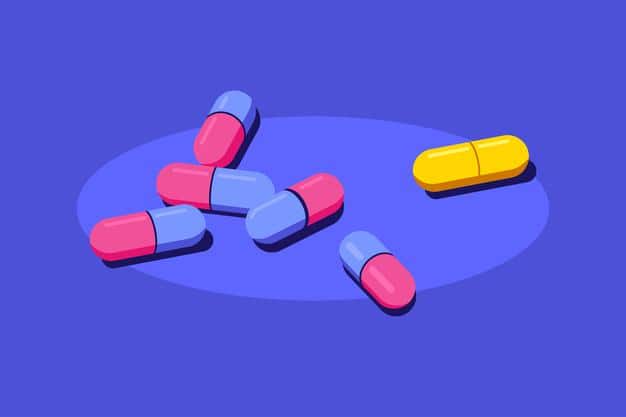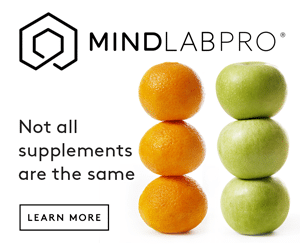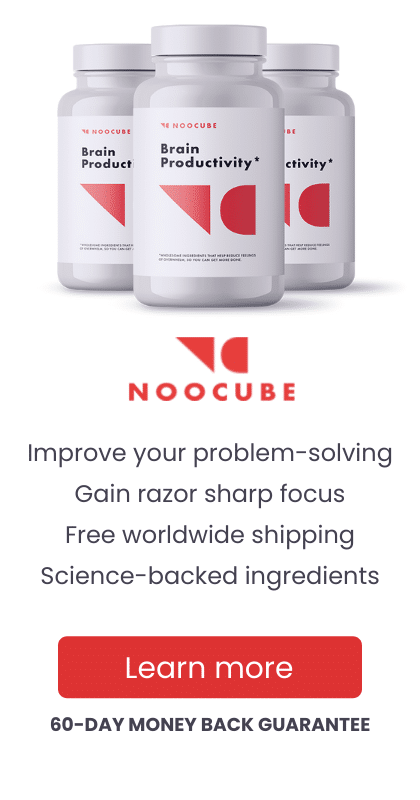Dihydroxyflavone, particularly 7,8-dihydroxyflavone, is a plant compound currently being researched for its therapeutic ability in central nervous system disorders. While it is still in its clinical research phase, 7,8-dihydroxyflavone has shown promise as being a beneficial supplement for improving memory, executive functions, creativity, and motivation.
Medical History
7,8-Dihydroxyflavone, or 7,8-DHF, was discovered by accident by scientists researching a compound comparable to the brain-derived neurotrophic factor, or BDNF. BDNF helps to promote the growth of neurons and synapses that are vital for healthy cognitive function. But BDNF was having difficulty influencing this growth in animal trials because of its lack of bioavailability and its inability to pass the blood-brain barrier.
It was found that 7,8-dihydroxyflavone not only had efficient oral bioavailability but that it could also pass the blood-brain barrier with ease. This allowed 7,8-DHF to turn on the tropomyosin-related kinase B receptors that would prompt an increase in neuron and synapsis growth. It also increased the body’s production of nuclear factor (erythroid-derived 2)-like 2, which antioxidant enzymes as well as enzymes that promote DNA repair.
Benefits
7,8-Dihydroxyflavone has currently only been studied in animal trials, and thus we can not be sure how the compound may affect humans. The research, as of current, denotes possible cognitive health benefits. These potential benefits include:
- Brain repair for those that sustained a traumatic brain injury.
- Improved memory and learning while decreasing the mental defects of schizophrenia.
- Improvement in memory and learning in healthy subjects.
- Improvement of neuron survival and motor defects attributed to amyotrophic lateral sclerosis, or ALS.
- Noted memory improvements in aging subjects or those with Dementia.
- Helped to decrease inflammation in brain cells.
- Delayed cognitive and motor impairment in the model subjects for Huntington’s disease.
- Reduced fat production and build-up.
- Protection against stroke-related brain damage, with more benefits exhibited in female subjects.
- Reduced oxidative stress and the formation of amyloid plaque while preventing memory defects and a loss of synapsis in subjects used to model Alzheimer’s disease.
- Slowing the disease progression and severity of multiple sclerosis, or MS.
- In subjects used to model Parkinson’s disease, it improved motor function.
- Reduced depression and depressive behaviors.
- Increased antioxidant enzyme levels and collagen production while decreasing inflammation in aged skin cells.
The research done to test these benefits used mice and rat subjects with similar cellular or cognitive defects that a human diagnosed with such diseases would have. When animal subjects weren’t beneficial, such as with the research into skin aging, human cells were used instead.
Side Effects
As the Dihydroxyflavone 7,8 has not proceeded yet with human trails, once again, the side effects can only be obtained from the animal research subject. Therefore it is still unknown what types of side effects would be observed in humans as well as any possible drug interactions.
The current observation of side effects in animal subjects includes restlessness, dizziness, overstimulation, irritability, nausea, and trouble sleeping.
Dosage
Dihydroxyflavone, particularly 7,8-dihydroxyflavone, has not been officially approved for human consumption due to the lack of human testing and uncertain benefits and side effects in humans. Because of this, there is no safe and effective recommended dosage, even though the compound is available in powdered and capsule forms.
In animal subjects, 5 mg/kg was given to mice that cognitive issues, 10 mg/kg were given to rats with no cognitive issues, and 30 mg/kg seemed to be the most effective dose in the mouse subject. While it is prudent to confer with a doctor before deciding to consume this compound, the standard dosage in the commercially available supplements recommends 10-30 mg be taken a day.
Overall, dihydroxyflavone, specifically 7,8-dihydroxyflavone, holds a lot of promise as a future beneficial cognitive improvement supplement. More research and human trials will be required to prove its efficiency at improving cognitive function in humans.



